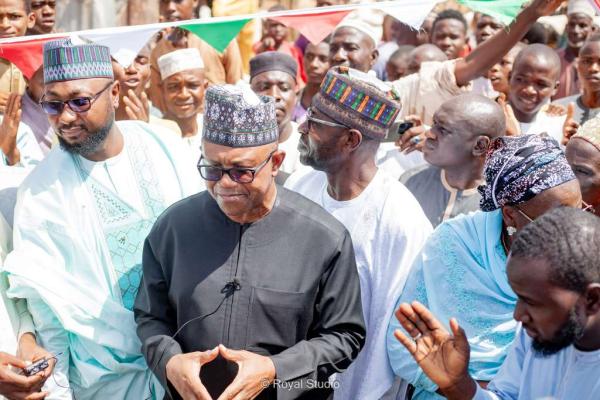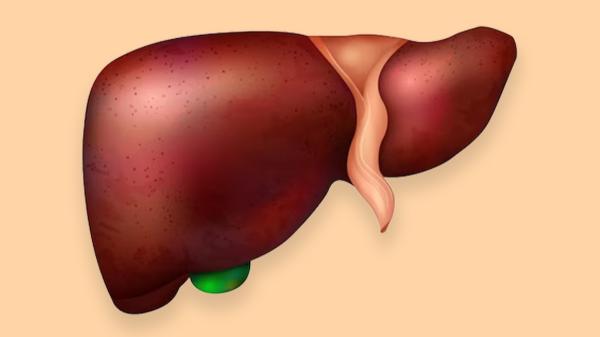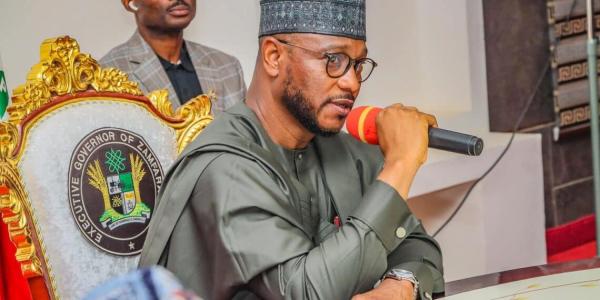
The World Bank April 17 approved a Ush564 billion ($150m) grant to Uganda to boost ongoing efforts to improve access to basic social services, expand economic opportunities, and enhance environmental management for both refugees and host communities.
The grant is additional funding to an initial Ush188 billion ($50m) project approved by the World Bank Board on May 31, 2016, which became effective on June 29, 2017.
The Development Response to Displacement Impacts Project, which covers 11 refugee-hosting districts and are being implemented by the Office of the Prime Minister, seeks to neutralise the amount of strain that the refugee numbers are currently exerting on existing community social services.
The World Bank says the project also seeks to strengthen transparency and accountability while addressing social risk management and gender-based violence.
“The government of Uganda welcomes this support from the World Bank to boost our efforts in responding to the needs of refugees and communities hosting them.
“It is a strong demonstration of solidarity with us, which we appreciate. No one chooses to be a refugee, and therefore, responding to their needs and the communities that host them requires our collective support,” said Prime Minister Dr Ruhakana Rugunda.
The project is part of a regional operation also being implemented in Ethiopia, Kenya and Djibouti. The World Bank has significantly scaled up support in Uganda through its Forced Displacement Programme.
The World Bank Uganda country manager Tony Thompson said the country's progressive approach to refugees provides some of the best prospects for self-reliance and that the grant showed that the international community "greatly appreciates Uganda's generosity.”
Uganda is currently the largest refugee-hosting country in Africa and the third largest worldwide, with 1.2 million refugees and asylum seekers.
A majority of these refugees come from South Sudan while the rest come from the Democratic Republic of Congo, Rwanda, Sudan and Central African Republic.
The country's refugee policy allows refugees to settle and be given land donated by host communities for farming to make them self-sustaining, a move that has been hailed the world over.
Uganda's president Yoweri Museveni has often said that the refuges should be empowered to contribute to the country's economy and that while there is an option of repatriation for those who seek it, Uganda is open to integrating those that wish to stay.
The World Bank grant came a few days after five UN agencies in Uganda received a Ush28b ($7.5m) contribution from the Japanese government between March 2019 and March 2020.
The agencies include the UNHCR, the World Food Programme, International Organisation for Migration, the Unicef and the United Nations Office for Project Service.





















